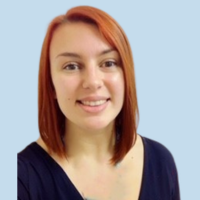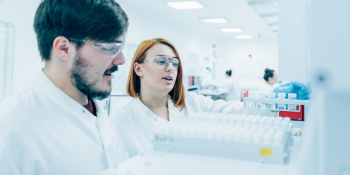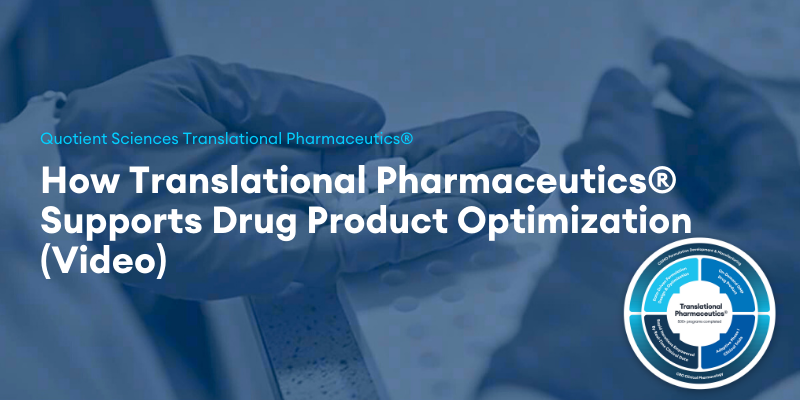What is Microwave Digestion?
Microwave digestion is a technique that is achieved by subjecting a sample to a strong acid in a closed vessel followed by an increase in pressure and temperature through microwave irradiation. The rapid pressure and temperature increase causes the sample to break down much faster than traditional methods like an oven or a simple acid or alkaline digest. The increase in pressure and temperature of the acidic sample amplifies both the speed of thermal decomposition of the sample as well as the solubility of metal elements in solution. Once the samples are in solution, it is possible to quantify the metal elements by ICP-MS analysis.
What Microwave Digester do Quotient Sciences use?
Quotient Sciences' facility in Alnwick has an ultraWAVE digester that has been used successfully in many regulated studies for the digestion of complex biological matrices and elements.
What are the Benefits of using the ultraWAVE Digester?
The use of the ultraWAVE digester is less labor intensive. The alternative approach Quotient Sciences use is an overnight digest in a concentrated acid which takes more time for the analyst to set up and digest. This digest occurs overnight whereas the ultraWAVE digester cycle lasts approximately 30 minutes from start to finish. This process can be done in much less time due to a few reasons. Sample rack inserts can hold up to 26 samples that are all digested simultaneously in one cycle. In addition, disposable vials are used to contain the sample when in the digester. This means there is no additional cleaning step between cycles and no carryover observed. Another benefit is that different biological matrices can be digested together. Difficult matrices can also be digested. For example, bones and nails. Due to the benefits listed above, Quotient Sciences observed an increased sample throughput when using the ultraWAVE digester.
Has Quotient Sciences used the ultraWAVE Digester for regulated studies?
Yes, we have used our ultraWAVE digester for validation work and regulated sample analysis studies. The digester was used during a GLP study in which our team analyzed over 600 tissue samples. The team digested and analyzed bone marrow, brain, GI tract, liver, ovaries, testes, spleen and uterus tissue samples.
What are alternatives to this method/way of working?
The alternative approach Quotient Sciences use is an overnight digest in a concentrated acid or base. This process is a lot more labor intensive and takes a lot more time to digest the samples. Depending on the sample that is being digested, an acid/base digest can take longer than overnight. This can cause delays to sample analysis and impact timelines.
In what situations would we recommend using the ultraWAVE Digester?
We would recommend using the ultraWAVE digester for the following: metallic nanoparticle solids, challenging matrices such as bone that do not easily digest, large clinical and non-clinical studies that require analysis of a vast amount of samples, and clinical and non-clinical studies that have more than one tissue type requiring digest as the ultraWAVE digester can digest multiple tissue types in one cycle.
*the ultraWAVE digester is a patented technology under Milestone.








